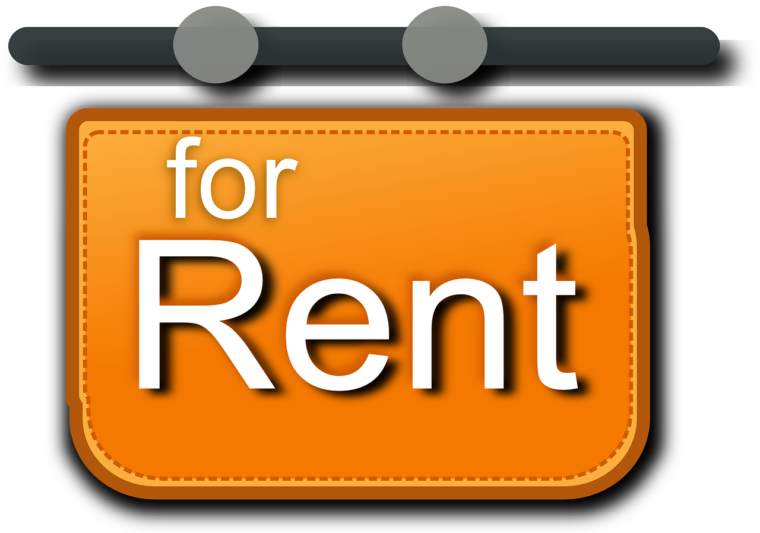Home Improvement Loan on Rental Property |
| Posted by: Kim Sep 1 2003, 08:10 AM |
| First, this is a great site and thanks for the info I’ve taken from it already. A house in our neighborhood has been forclosed within the past year. It only needs cosmetic improvements and a couple of very minor repairs. The house appraised for $96,000 but we’ve contacted the bank and can purchase it now for $75,000. My husband and two of his friends are interested in buying this house as a rental, as the first in what they hope will be several more to come. They’ve found a 15-year mortgage from a broker in the area. With 10% down, the monthly payments will be around $750. They will all come out of pocket for the downpayment, closing costs and cost of repairs/improvements. They are also setting aside $3,000 to cover the mortgage during vacancies in the initial year. My concern is that they want to take a home improvement loan out right away in case the home is vacant for more than 4 months. They’ve found this opportunity at Prime + 2.5%. I think it would be best to come out of pocket for the mortgage when the house is empty but they keep saying that it’s better to spend someone else’s money. Since this is supposed to be a long term arrangement, I don’t see how it is someone else’s money but I was hoping to get your professional opinion. What would be best? |
| Posted by: loanuniverse Sep 2 2003, 11:16 AM |
| QUOTEMy concern is that they want to take a home improvement loan out right away in case the home is vacant for more than 4 months. They’ve found this opportunity at Prime + 2.5%. I think it would be best to come out of pocket for the mortgage when the house is empty but they keep saying that it’s better to spend someone else’s money. Since this is supposed to be a long term arrangement, I don’t see how it is someone else’s money but I was hoping to get your professional opinion. What would be best? Well Kim, you are showing an aversion to credit that can be interpreted as both a good trait or a bad trait. I am not going to judge since I am a little adverse at carrying debt myself. This is reflected in the extra $100 that I always try to send my residential lender every month to be applied to principal. I figure that this will cut about one-year from my fifteen-year mortgage and give the satisfaction of having a paid off house while still in my forties. While in my brain, I understand that this is probably the cheapest long-term loan I would ever get, there is a lot to be said for the peace of mind of having no debt. On the other hand, your husband and his friends wants to use credit aggressively, and I am going to have to take more of his side in this issue. When it comes to investments, it is usually best to use ”other people’s money”. If the rental income is enough to pay the combined debt service of both loans, there is no reason to not go for it and keep the cash as a reserve. The use of leverage is a great way to improve the return on investment. Lets use some hypothetical numbers. Assuming that the home improvement loan is for $10,000 and is amortized over 15 years, then your debt service for that loan is $100. Using your figure of $750 payment for the mortgage then the combined debt service of the two loans is $850 a month. Now lets assume that your rental income is $950. Your gross profit would be $100 a month or $1,200 a year. This translates into a 16.0% annual return to your $7,500 investment { the 10% down payment used in the purchase }. However, if your husband and friends were to put the $10,000 themselves, then the debt service would be $750, rental income would be $950, your gross profit would be $200 a month or $2,400 a year. This translates into a 13.7% annual return on your $17,500 investment { the 10% down payment plus the additional $10,000 } In addition, if the house is not rented, your husband and friends can use those $10,000 to make payments on the loans while the house is still vacant. Hope this helps. P.S. & Disclaimer: this is very simplified and only works if you can make more of a return than the cost of borrowed funds. In addition, other factors might affect the whole calculation. |
| Posted by: Kim Sep 3 2003, 02:24 PM |
| Thanks for your help. I’m not very good at admitting I’m wrong, but I’m glad they are on the right path. |
